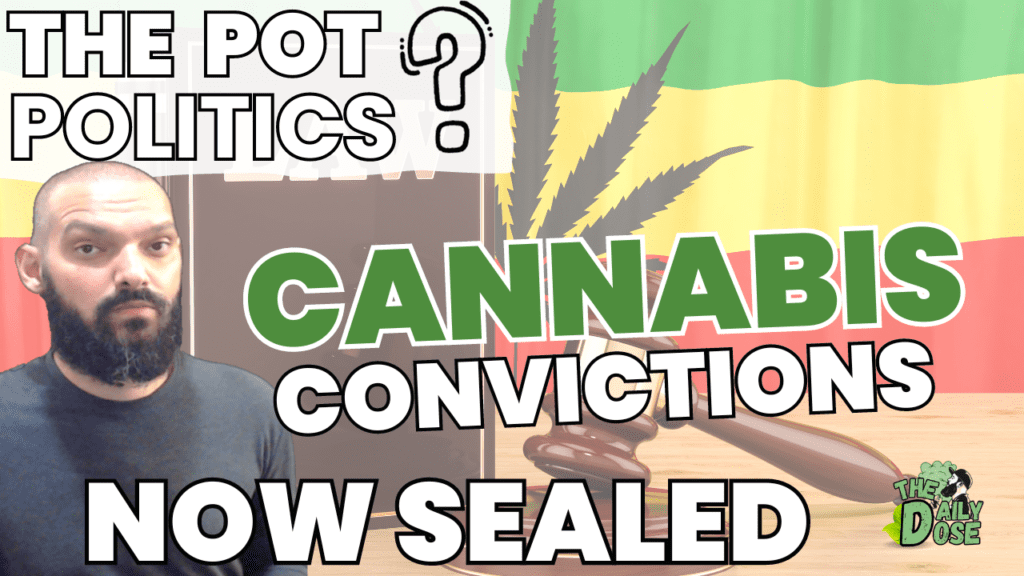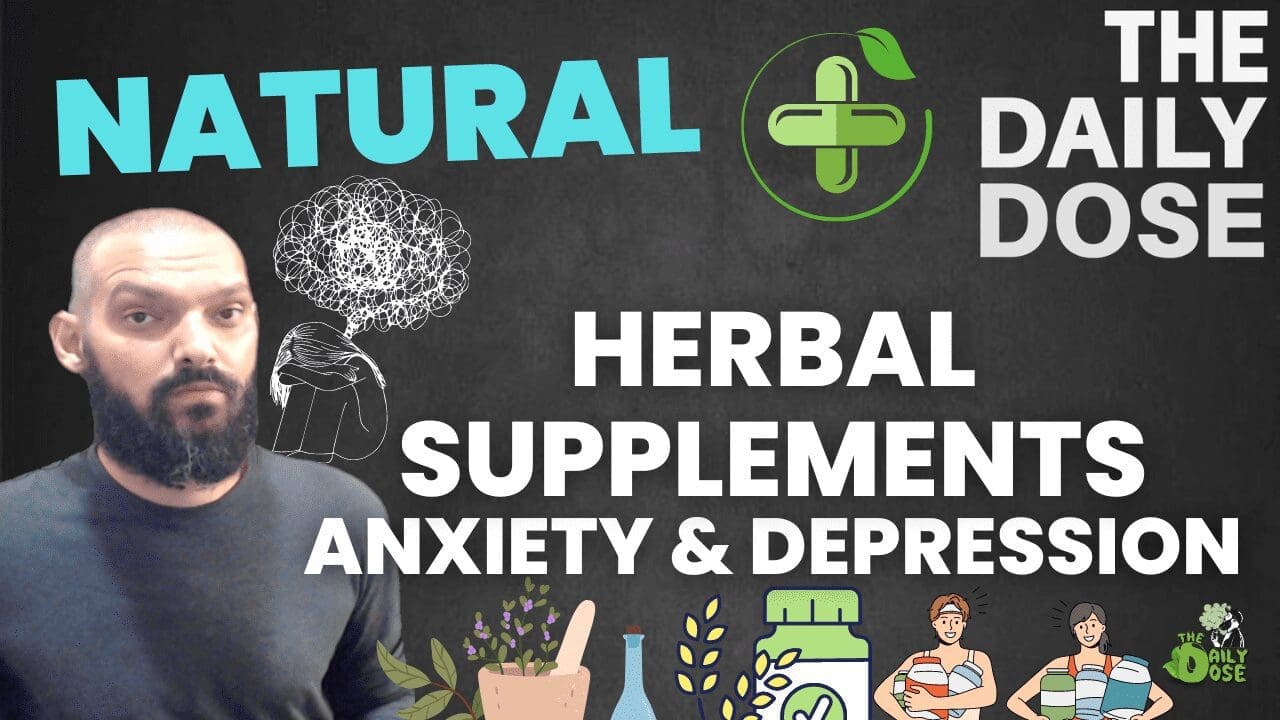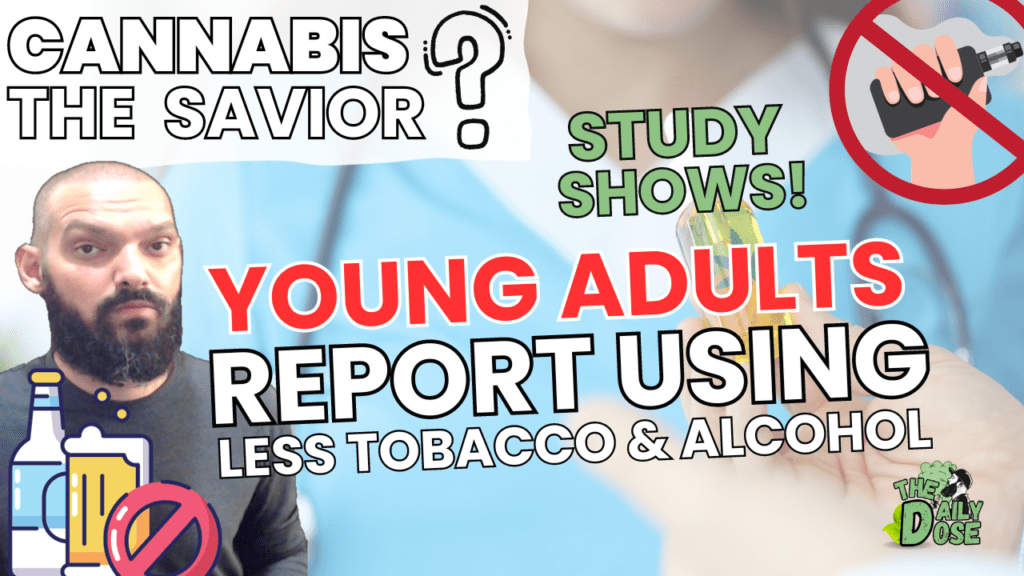To listen to the full episode click here The Daily Dose Podcast Audio
Cannabis Convictions And Clemency Explained
In My Own Words:
Today is Veterans day and I hope you are enjoying your day off, I’m going to cover a few stories today we’ll talk about how law makers are pushing Biden to announce clemency across the board for all cannabis non-violent convictions on a federal level.
There is also a huge celebrity led cannabis legalization effort on a federal level by Seth Rogan and Sarah Silverman where they believe now is the time especially if we the people speak up now.
Finally the state of Virginia has released numbers on the amount of people they have sealed cannabis related convictions on, to date nationwide we have over half a million people who’s lives have been changed for the better with their records being sealed for good.
1. Introduction
The landscape of cannabis legalization in the United States has transformed rapidly in recent years. As more states embrace cannabis for medicinal and recreational use, a critical issue comes to the forefront: the burden of past convictions.
In this comprehensive article, we explore the expungement of convictions, shedding light on the processes, implications, and the broader quest for justice.
2. Understanding Cannabis Convictions
The history of cannabis prohibition
The historical context of cannabis prohibition in the United States, leading to the criminalization of cannabis possession, distribution, and use, is a complex and often-controversial narrative. In the early 20th century, cannabis was perceived as a substance used by marginalized groups and was associated with fears of societal disruption and cultural conflicts, particularly concerning immigration from Mexico.
The Marihuana Tax Act of 1937 marked a significant turning point, imposing heavy regulations and taxes on the cultivation, possession, and sale of cannabis, effectively driving it underground. The Controlled Substances Act of 1970 classified cannabis as a Schedule I substance, equating it with the most dangerous drugs, despite mounting evidence of its potential medical benefits.
This historical trajectory, rooted in racial and political factors, resulted in the long-standing criminalization of cannabis, shaping public perceptions and policy for decades, until a recent wave of legalization efforts challenged these deeply ingrained norms.
The impact of cannabis convictions on individuals and communities
Cannabis offenses have far-reaching consequences, exerting a profound impact on individuals, their families, and entire communities, with a disproportionate burden on marginalized groups.
These convictions, even for minor cannabis-related offenses, can result in long-lasting legal and socioeconomic consequences. Individuals with cannabis convictions often face difficulties in obtaining employment, housing, and educational opportunities, perpetuating cycles of disadvantage.
Moreover, these convictions can lead to incarceration, straining families, particularly when breadwinners are affected. Such disparities are particularly evident in marginalized communities, where law enforcement’s historical focus on drug-related offenses has resulted in a significant and inequitable burden.
The ripple effects of convictions underscore the need for comprehensive criminal justice reform, focusing on restorative justice and mitigating the long-term harm inflicted on individuals and their communities.
3. The Movement Towards Expungement
The shifting attitudes and policies surrounding cannabis
Evolving perceptions and policies surrounding cannabis have prompted a significant reevaluation of past convictions and the potential for expungement. As attitudes towards cannabis have shifted, with a growing recognition of its medicinal potential and the disparities in enforcement, many jurisdictions have begun to reconsider the punitive approach towards prior cannabis-related offenses.
A multitude of states in the United States and several countries have enacted or proposed laws to expunge or seal criminal records for non-violent convictions. These initiatives aim to rectify the consequences of past policies and alleviate the enduring burdens faced by those with prior convictions, particularly in marginalized communities.
The reevaluation of past convictions reflects a broader shift towards a more equitable and compassionate approach to cannabis-related offenses and stands as a pivotal step in rectifying historical injustices.
The importance of clearing past convictions
Expunging past convictions is widely regarded as a crucial step in rectifying past injustices and providing a fresh start to those burdened by criminal records. Historical cannabis prohibition and the resulting convictions have disproportionately impacted marginalized communities, contributing to cycles of poverty and limited opportunities.
These convictions can lead to barriers in employment, housing, and education, exacerbating social disparities. By expunging these records, individuals can regain access to these fundamental aspects of life and participate more fully in society.
Moreover, expungement aligns with the evolving public sentiment that recognizes the flawed policies of the past and seeks a more equitable and compassionate approach to cannabis-related offenses.
This measure is not only about clearing the records of those affected but also symbolizes a broader commitment to addressing the racial and social injustices perpetuated by past drug policies.

4. The Legal Framework for Expungement
The state-by-state approach to expungement
The approach to expunging convictions in the United States varies widely from state to state, with each jurisdiction establishing its own set of rules and criteria for clearing such records.
As of my last knowledge update in September 2021, some states have been proactive in enacting legislation to automatically expunge or seal records for certain non-violent cannabis offenses, often without the need for individuals to initiate the process themselves.
In contrast, other states require affected individuals to petition the court for expungement, creating a more complex and time-consuming path to record clearance.
The eligibility criteria also differ significantly; while some states apply retroactive changes to their cannabis laws, others limit expungement to specific types of offenses or convictions.
This variation in expungement practices underscores the need for a more uniform and streamlined approach to rectify the injustices of past convictions and provide a consistent path toward a fresh start for those affected.
The criteria and eligibility for expungement
Eligibility for cannabis expungement varies from state to state, with specific requirements dictating who can seek record clearance and the legal mechanisms facilitating the process.
Typically, individuals seeking expungement must have been convicted of non-violent, low-level cannabis offenses. In some jurisdictions, the process may involve petitioning the court or a state agency, often requiring the completion of a waiting period post-conviction, completion of probation or parole, or payment of fines. Several states have also implemented automatic expungement for certain types of cannabis offenses, simplifying the process for affected individuals.
However, the specific criteria and mechanisms differ significantly among states, reflecting the complexity of cannabis expungement laws and the ongoing effort to strike a balance between rectifying past injustices and ensuring public safety.
These legal variations underscore the need for a more standardized and accessible approach to expungement, ensuring that individuals with non-violent convictions have a clear and consistent path toward record clearance.

5. The Process of Expungement
How expungement works
The cannabis expungement process typically involves several stages, starting with individuals petitioning the court or relevant state agency for record clearance. After filing a petition, the review and decision-making phases follow, where the eligibility of the individual and the specific details of the conviction are evaluated.
The court or agency may assess various criteria, including the type of offense, the completion of probation or parole, payment of fines, and any waiting periods. This process can vary considerably depending on the jurisdiction, with some states implementing automatic expungement for certain offenses.
Challenges individuals may encounter include navigating complex legal requirements, potentially incurring legal fees, and facing lengthy processing times. Disparities in access to legal representation and the understanding of the expungement process can also pose hurdles, particularly for marginalized communities disproportionately affected by past convictions.
As a result, there is a growing call for more streamlined and accessible expungement procedures to ensure equitable relief for those seeking to clear their records.
The role of legal professionals in expungement
Legal professionals, including attorneys and organizations, play a pivotal role in assisting individuals seeking expungement and advocating for reform.
They provide crucial guidance in navigating the complex and often intricate expungement process, helping individuals understand eligibility criteria, complete necessary paperwork, and represent their cases effectively in court. Legal professionals can also advocate for broader reform at both state and federal levels, pushing for more equitable and accessible expungement laws.
Furthermore, they can raise awareness about the enduring consequences of past convictions and the need for rectification, shedding light on the social and racial disparities exacerbated by these convictions.
As advocates for change, legal professionals are instrumental in the ongoing efforts to address the injustices of convictions and create a fairer and more just legal landscape.
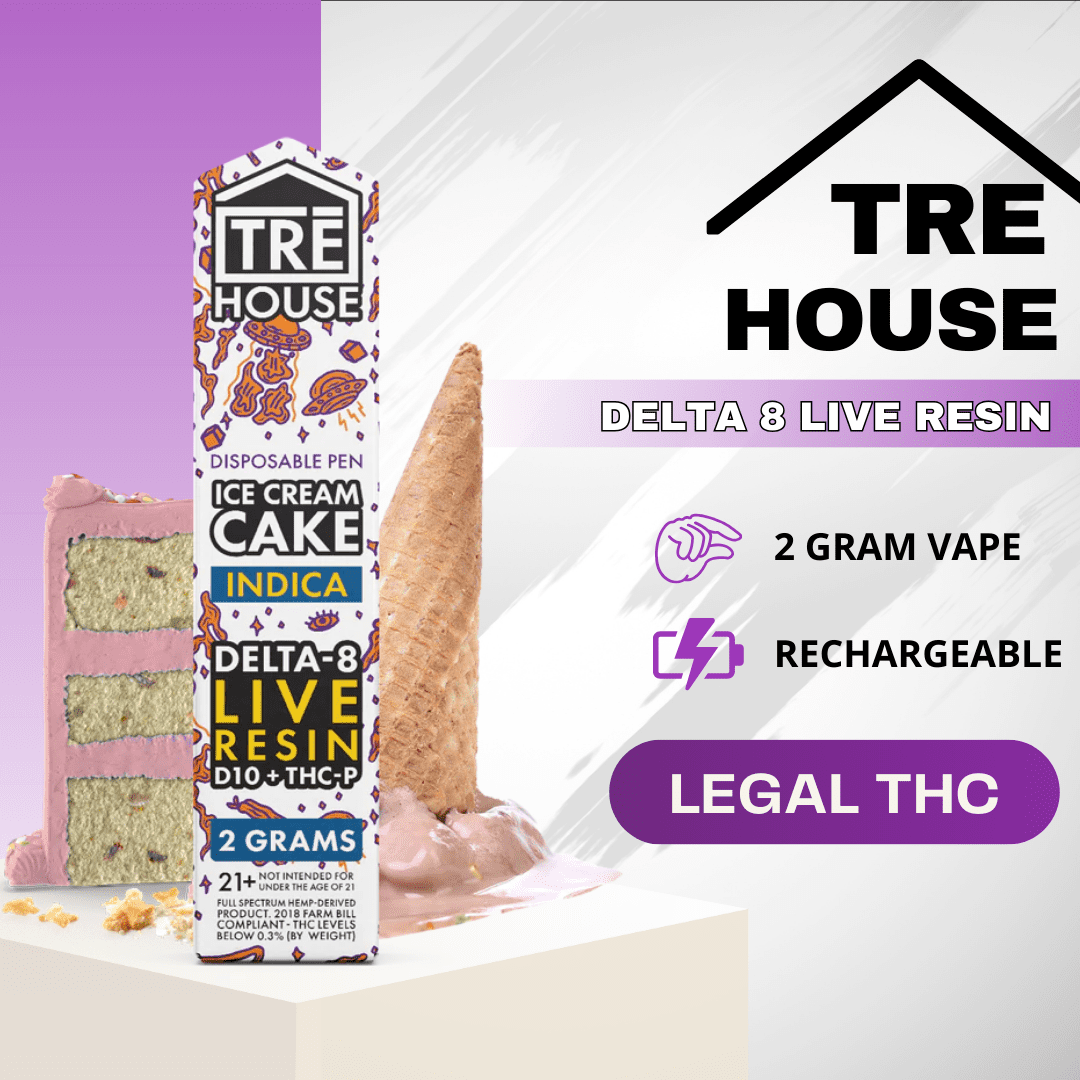
6. The Impact on Individuals
Personal stories of those affected by expungement
The real-life experiences of individuals who have undergone the expungement process provide a compelling narrative of the profound impact it can have on their lives. For many, expungement represents a fresh start, enabling them to secure stable employment, access housing, and pursue educational opportunities without the hindrance of a criminal record. In numerous cases, it has also helped individuals regain custody of their children or escape the stigma of prior convictions.
These personal stories underscore the transformative power of expungement, offering a path to redemption and societal reintegration. Beyond individual well-being, expungement also plays a role in dismantling systemic inequities, helping to rectify the disproportionate impact of past convictions on marginalized communities and promoting broader social justice.
These real-life experiences illustrate how expungement is not only a legal process but a profoundly human one, redefining futures and contributing to a more equitable society.
The benefits of a clean record
A clean criminal record brings forth a multitude of tangible benefits, significantly impacting various aspects of an individual’s life. By expunging prior convictions, individuals often find themselves on a more accessible path to employment, as many employers are less likely to disqualify candidates with clean records.
Access to housing becomes less restricted, as landlords tend to favor applicants without criminal histories. Moreover, educational opportunities open up, enabling individuals to further their learning and career prospects.
These positive outcomes extend beyond the individual, benefiting society as a whole by reducing the risk of recidivism and helping to break cycles of disadvantage. The process of expungement, by providing a clean slate, offers an opportunity for individuals to rebuild their lives, fostering a more inclusive and just society.

7. The Broader Social Implications
Reducing the disproportionate impact on marginalized communities
Expungement plays a pivotal role in addressing the enduring racial and social disparities stemming from the War on Drugs and the disproportionate impact on marginalized communities.
Historically, drug policies disproportionately targeted communities of color, leading to higher rates of cannabis-related convictions in these populations. Expungement serves as a critical tool to rectify these injustices by offering individuals a path to clear their records and escape the lasting consequences of past convictions.
By doing so, it not only provides personal redemption but also contributes to broader social justice efforts. It is an essential step in acknowledging and rectifying the deeply rooted inequities within the criminal justice system, working to level the playing field for individuals who have been disproportionately affected and fostering a more equitable and inclusive society.
The potential for economic empowerment through expungement
Expungement empowers individuals to start businesses, access financial opportunities, and make positive contributions to their communities in various ways. With a clean record, individuals often find it easier to secure loans, enabling them to invest in entrepreneurial ventures and, in turn, stimulate local economies.
Access to professional licensing, which may have been previously restricted due to criminal records, broadens employment opportunities, fostering financial stability. Furthermore, the process of expungement can enable individuals to participate more fully in their communities, volunteering, and engaging in activities that contribute to the social fabric.
These tangible benefits extend beyond the individual, benefiting society at large by reducing recidivism rates and breaking the cycles of disadvantage that have historically plagued marginalized communities, making expungement a crucial step toward broader societal progress and economic development.

8. Challenges and Obstacles
The complexities of expungement implementation
Implementing expungement initiatives is marked by numerous challenges and complexities, demanding substantial resources and potentially encountering legal hurdles. The process requires significant administrative effort, involving extensive review of individual cases and legal proceedings to clear records. This places a burden on court systems and law enforcement agencies.
Furthermore, the requirements for eligibility can vary widely between jurisdictions, making it challenging for individuals to navigate the expungement process. Legal hurdles may arise, particularly when laws are not retroactive, or when there are disparities in the interpretation and application of expungement criteria.
The financial implications, including court fees and legal representation, can also hinder access to expungement, particularly for individuals from marginalized communities. Navigating these intricacies highlights the need for streamlined and accessible expungement processes to ensure the equitable relief of those seeking to clear their records and foster a fairer legal landscape.
The pushback against clearing convictions
Opposition to expungement initiatives presents counterarguments primarily focused on concerns about public safety and potential consequences of clearing records. Some argue that expungement may pose risks by allowing individuals with prior convictions to avoid background checks, potentially endangering public safety, particularly in sensitive positions or industries.
Moreover, opponents express concerns that the removal of criminal records might hinder law enforcement investigations, as it can erase critical historical information that could be relevant for future cases.
These counterarguments highlight the complex balancing act between addressing historical injustices and safeguarding public interests, underscoring the need for careful consideration of expungement policies to ensure that they are well-balanced and do not compromise the safety of society.
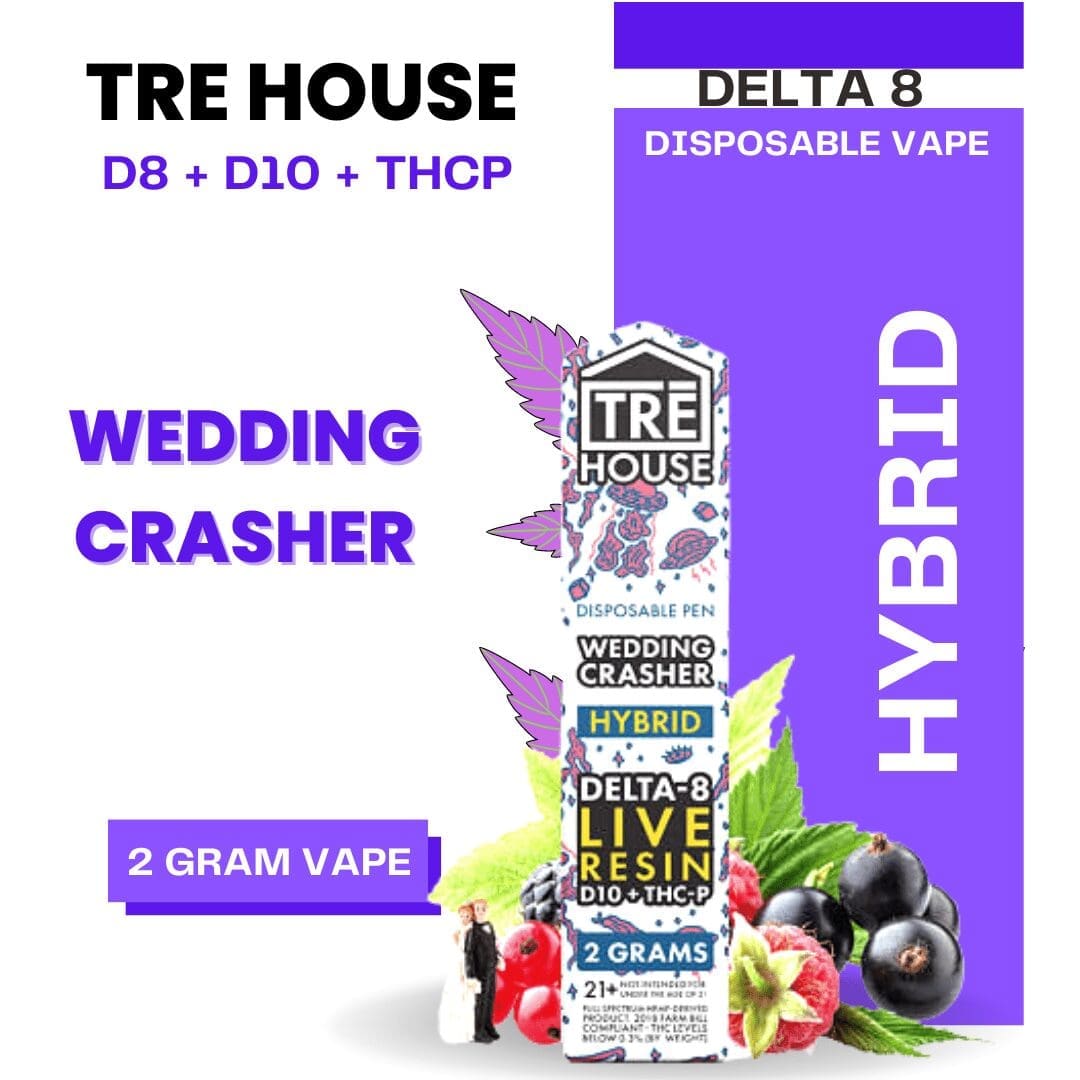
9. The Future of Cannabis Expungement
Expanding expungement efforts to more states
The potential for expungement initiatives to expand to more states offers a promising avenue for relief to individuals across the nation. While expungement laws vary considerably by state, there is a growing trend towards more inclusive and accessible policies.
A number of states have taken significant steps to broaden expungement eligibility criteria, streamline the process, and even implement automatic expungement for certain offenses. This momentum indicates a broader shift towards recognizing the social injustices perpetuated by past convictions and the need for reform.
Additionally, the mounting public and political support for criminal justice reform has been a driving force behind the expansion of expungement initiatives, paving the way for individuals to clear their records and enjoy the benefits of a fresh start.
The potential for federal expungement legislation
The prospects for federal legislation that could expunge convictions on a broader scale offer the potential for widespread relief to individuals with federal records. With the evolving landscape of cannabis legalization and growing public support for criminal justice reform, there is increased momentum at the federal level to address the inequities of past offenses.
Several bills have been introduced in Congress, such as the Marijuana Opportunity Reinvestment and Expungement (MORE) Act, which proposes the decriminalization of cannabis at the federal level and the expungement of certain federal convictions.
Such legislation signifies a significant shift towards a more equitable approach to cannabis-related offenses, fostering hope for individuals burdened by federal convictions and advancing the broader movement for criminal justice reform.

Conclusion
The expungement of convictions represents a vital stride toward rectifying the injustices of the past and offering a second chance to individuals burdened by the stigma of criminal records. As the nation grapples with the complex and multifaceted issues surrounding expungement, it is clear that this journey is far from over.
Balancing justice, rehabilitation, and public safety remains a delicate task, but the commitment to righting the wrongs of the past drives the ongoing efforts to clear the haze of cannabis related convictions.
FAQs
What is expungement?
Who is eligible for conviction expungement?
How long does the expungement process take?
Can expunged records ever be accessed again?
What are the broader benefits of expungement?
Are all states working on expungement initiatives?
Can federal cannabis convictions be expunged?
How can individuals begin the expungement process?
Related Articles:
- Cannabis News Today THC Carts On The Rise
- Cannabis News Now Legalization Efforts
- Cannabis Regulations Upcoming News Now
- Cannabis Industry: Delta 8 THC Regulations
- Cannabis Recall California Cannabis Corner
Meet The Author


